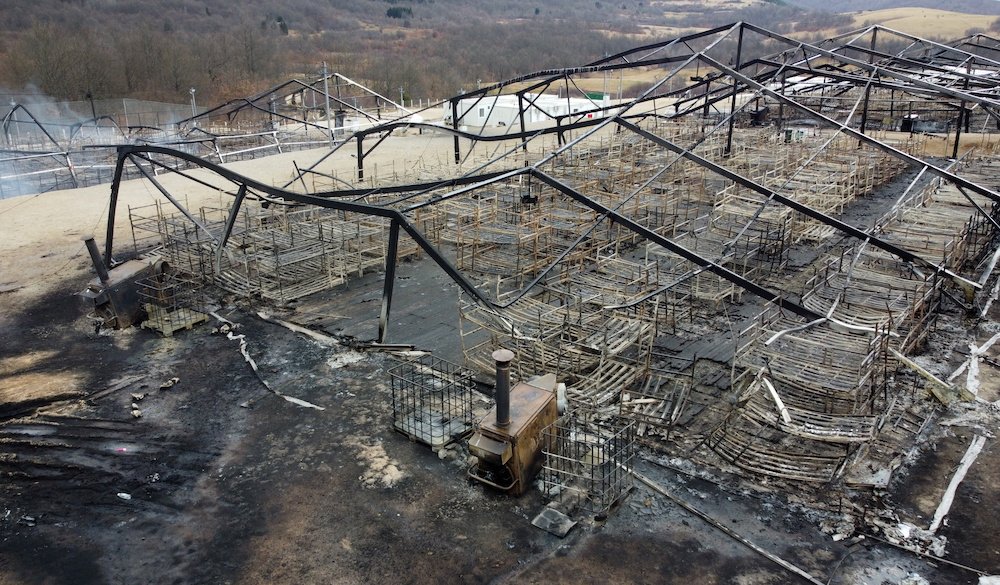
NEW YORK: It began when the migrants were asked to evacuate the Lipa Emergency Tent camp because it was not safely equipped for Bosnia’s below-freezing temperatures.
Relentless calls to winterize the camp had either fallen on deaf ears or were met with vehement local opposition.
Soon after the migrants left, the camp went up in flames. Over 1,400 migrants, asylum seekers and refugees then left and began moving in droves toward Bihac city 20 km away.
While on the move, the throngs were spotted by police who apparently had orders to prevent them from reaching Bihac’s city center.
Some 200 migrants managed to get through police control and join the other 1,500 who were already living in abandoned buildings or forest makeshift camps around Bihac. But the other 1,200 were returned to the Lipa site, now mostly burned to ashes.
“You have to imagine that it’s very cold up here,” Peter van der Auweraert, chief of the Bosnia mission at the International Organization for Migration (IOM), told Arab News.
“There’s no electricity, no water. We’re very concerned to have migrants sleep in these tents because we saw how quickly a fire can start. It only takes one person to set a fire — perhaps not with malicious intent, but simply to warm himself — and you have a huge catastrophe on your hands. But there’s no alternative, no real accommodation available at this point.”
The camp was built earlier this year in response to border closures following the coronavirus outbreak, in an attempt to ease overcrowding in other camps. Bosnia has become a bottleneck as migrants try to reach Europe.
The camp’s residents are all single 18-25-year-old men. Families with children and unaccompanied children were given priority at the other, better-equipped camps that were established in the country.
The men come predominantly from Afghanistan, Syria, North Africa and Southeast Asia, hoping to reach Europe via nearby EU member Croatia.
Some of them have been continuously on the move for two, sometimes three years. Many want to return home, and the IOM offers to help arrange the trip back, but in most cases it is not that easy.
Van der Auweraert tells, for example, of a 19-year-old Bangladeshi youth whose family sold a piece of land for $10,000 to pay his smugglers and finance his trip. He tried a dozen times to cross into Croatia, but each time he was returned to Bosnia.
Even though he has been sleeping rough for weeks and never has enough to eat, he hides his despair from his family. If he goes back empty-handed now, his family will be even poorer than before.
“People started these trips with a certain vision of what’s awaiting them in Europe, but they often underestimate how arduous and demanding the journey itself will be,” said Van der Auweraert.
“At some stage of the journey, there’s always a point of no return. The family had spent so much money that they need to work somewhere and pay that money back.”
The IOM, the Red Cross and the Danish Refugee Council have stepped up their distribution of food parcels and life-saving items to try to cover the new caseload.
The UN has urged Bosnian authorities to “immediately engage in the winterization of the (camp) and offer an alternative shelter option while the work is being conducted, to identify and make available new locations for people stranded outdoors with temperatures below freezing.”
Van der Auweraert said: “The main problem comes down to this: All politicians agree that migrants should be housed in a humane fashion, but nobody can agree that it should be in their community.”
The holiday period is a good time, he added, for Bosnian authorities “to come together and reach a consensus so we can rapidly establish humane accommodation for the 3,000 who are now sleeping outside.”
He said: “We’re not in a humanitarian crisis of a scale where there are insufficient resources to help everyone. There’s sufficient money provided by international donors. The only thing we need is a political decision.”

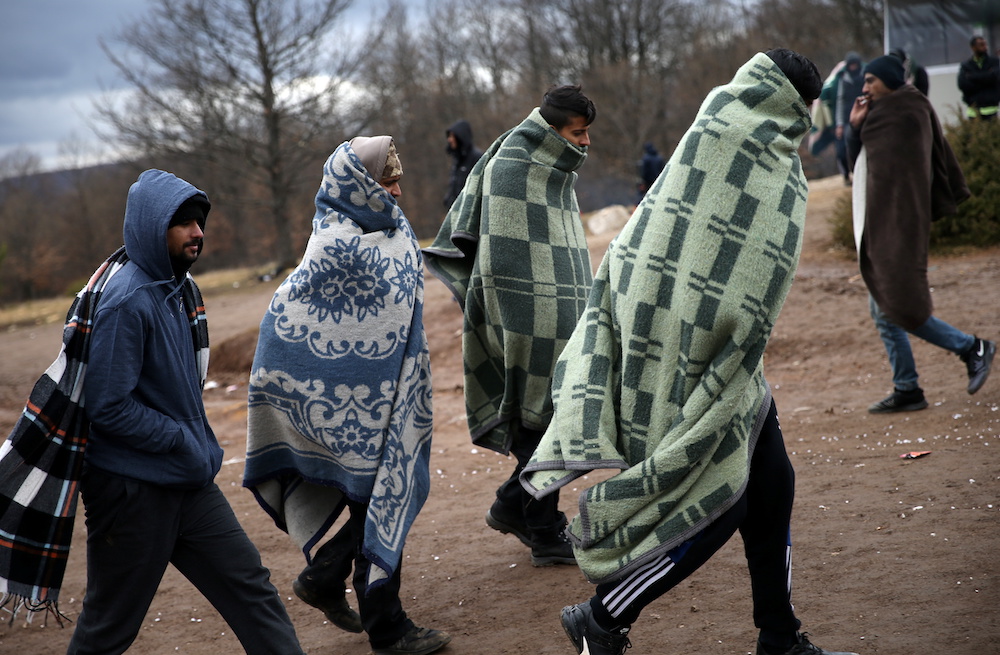


20 migrants found dead off Tunisian coast, others missing

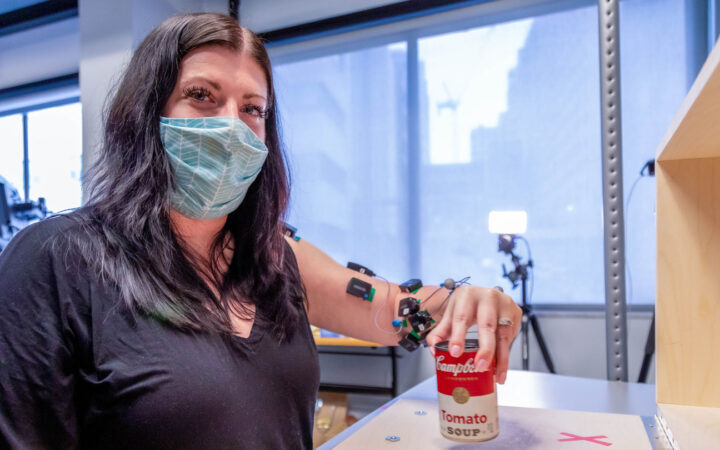 A new treatment could restore some mobility in people paralyzed by strokes
A new treatment could restore some mobility in people paralyzed by strokes  What has Perseverance found in two years on Mars?
What has Perseverance found in two years on Mars? 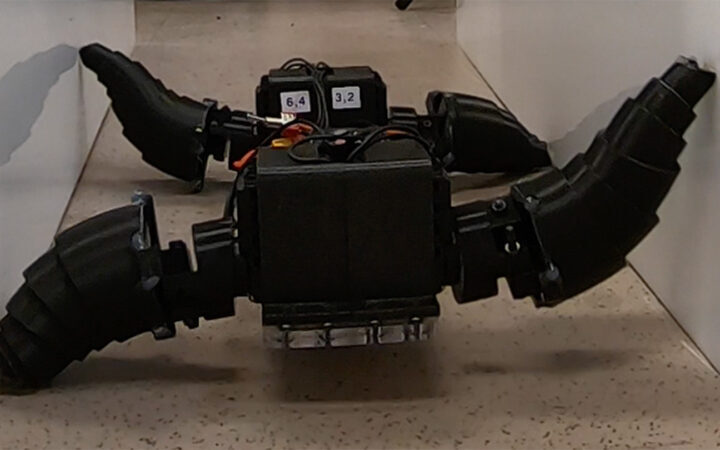 This robot automatically tucks its limbs to squeeze through spaces
This robot automatically tucks its limbs to squeeze through spaces 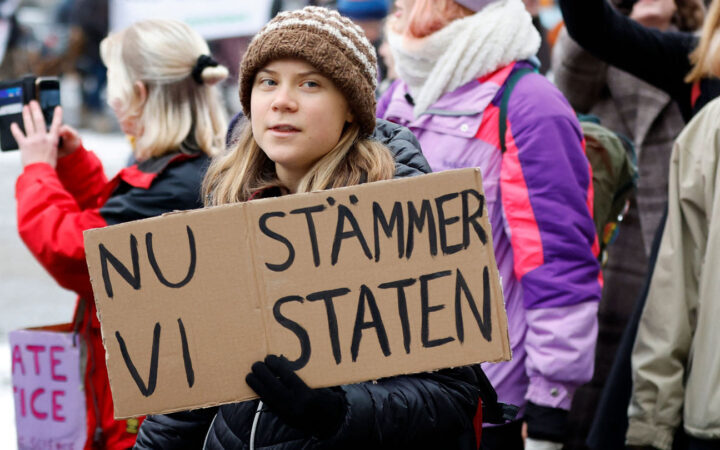 Greta Thunberg’s new book urges the world to take climate action now
Greta Thunberg’s new book urges the world to take climate action now  Glassy eyes may help young crustaceans hide from predators in plain sight
Glassy eyes may help young crustaceans hide from predators in plain sight 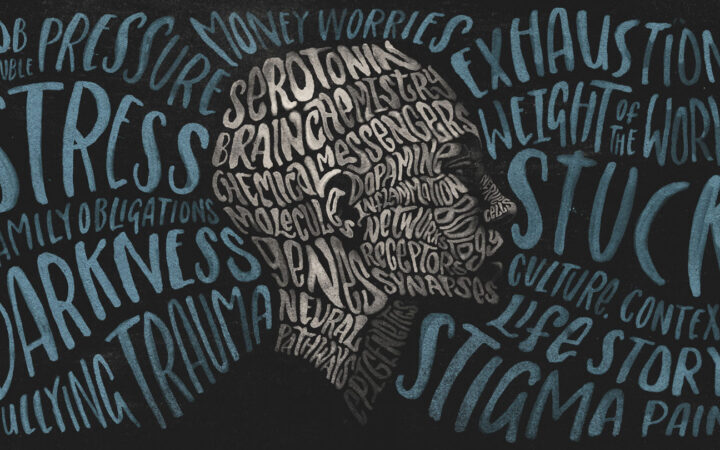 A chemical imbalance doesn’t explain depression. So what does?
A chemical imbalance doesn’t explain depression. So what does?